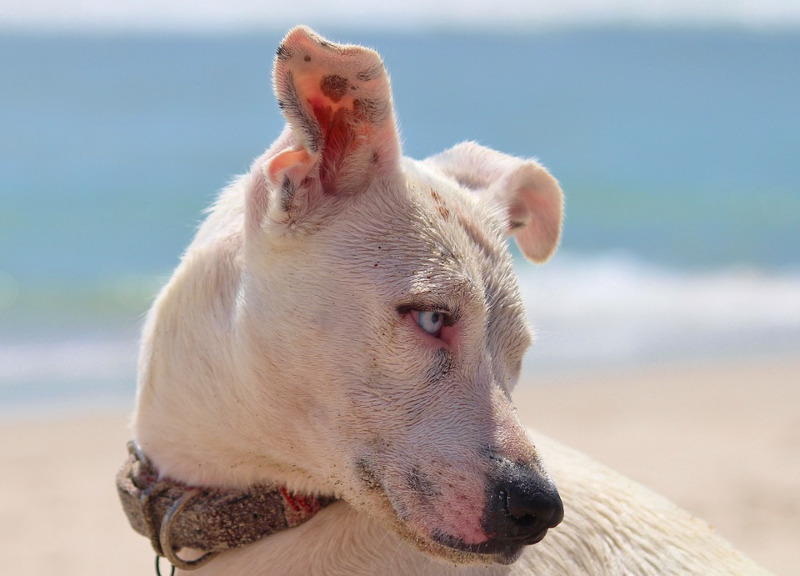During the hottest summer days, a common concern among pet owners is their dog’s unexpected decrease in appetite. Like humans, dogs can experience a diminished appetite on days with high heat and humidity. While this is perfectly normal and common behaviour for many dogs, it can be very worrisome for pet parents who may confuse a heat-related decrease in appetite for serious illness, or assume there is a problem with their dog’s food.
One reason why dogs tend to eat less during the hottest summer days may be due to decreased exercise. On hot days, dogs tend to be lazier, and spend less time exerting themselves under the glaring sun; burning fewer calories on lazy, hazy days means fewer calories need to be consumed.
Another notable role heat plays in a dog’s appetite is due to the heat being just plain uncomfortable. Just as you or I may feel like eating less while enduring a hot and humid day, the same can be said for your pooch – especially dogs with thick undercoats, like Bernese Mountain Dogs, Huskies, Newfoundlanders, and more. Heat also affects many brachycephalic (flat face) dogs like Pugs, Boxers, English Bulldogs, and French Bulldogs.
Regardless of the breed, make sure your dog always has access to a cool, shady area, and unlimited fresh drinking water available at all times.
If your dog has a noticeably diminished appetite on hot days, and you are concerned about your dog consuming enough calories, consider making them a special frozen treat. This can be as simple as freezing low-sodium soup broth in a plastic container to make a large, flavour-infused ice cube. Throw in some of your dog’s favourite treats, chunks of meat, or even veggies to make it more interesting. Now you have a frozen enrichment toy to use whenever needed!
We recommend giving this treat to your dog outside in a shaded area, so they don’t make a mess inside the house. Not only will this type of treat provide a boost in appetite, it will also help keep your pooch cool, hydrated, and entertained. Then, when it’s all gone, fill the container back up with more yummy goodies, freeze, and enjoy over and over.
If your dog stops eating entirely, and refuses to eat or drink for more than 24 hours, this could be a sign of a serious underlying problem. If this is the case, please seek veterinary care as quickly as possible. Other ‘red flag’ signs to carefully look out for include lack of energy, unexplained weight loss, aggressive or reclusive behaviour, diarrhea, vomiting, and loss of balance.
All in all, even the most food-motivated dogs can go through brief periods of decreased appetite during hot and humid summer days. Rest assured that this is perfectly normal, and the vast majority of dogs typically resume eating once the hot weather breaks, often in the evening or early morning.
The dog days of summer are definitely upon us. Let’s all have a safe and enjoyable season!
Brandon Forder, known as The Pet Expert, is vice-president of Canadian Pet Connection, an industry leader in healthy pet lifestyles. Brandon is certified in pet nutrition, and has more than twenty-five years’ experience specializing in pet health and behaviour. He has written hundreds of informative pet-related articles for newspapers, magazines, radio, and the popular Ask the Pet Expert Blog. Brandon is highly skilled in pet problem solving, and enjoys teaching others about smart and responsible pet ownership. To learn more, visit www.CanadianPetConnection.ca.












